What is the role of a professional society like AAG?

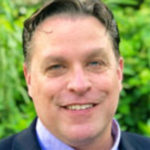
Recent attacks on higher education threaten our foundational rights, such as academic freedom and advances in diversity, equity, and inclusion in academia. In a multi-part series, I relate these things to AAG’s history, core values, and work in the future.
Part I: Academic Freedom
Founding AAG and Higher Education
When the AAG was founded in 1904 as a new professional society, higher education, as we now know it, was still relatively new. Only after the Civil War did modern colleges and universities take shape in the United States, aiming to give broad education to the general public. Before this shift, universities served more as training grounds for the clergy and the elite.1,2
As America sought to rebuild itself after the war, the value of an educated workforce and one with new skills was deemed essential: skilled labor replaced manual labor as the country increasingly moved from agrarian to industrial. Public institutions of higher learning joined private ones across the country. Education became available to more and more people, and crossed economic, social, racial, and gender boundaries, while leaving significant barriers for many.1,3
During this time, the discipline of geography emerged as a distinct branch of study and research. More institutions required more trained experts. Geography shifted from surveys, cataloging, and mapping to deeper analysis and understanding of people and places. The career of the first AAG President, William Morris Davis, showcases all these changes. Trained at Harvard’s Lawrence Scientific School in 1869, he got a master’s in mining engineering in 1870. He then joined a geographic expedition in Colorado before working as a meteorologist in Argentina. This broad background helped Morris when he then moved on to geomorphology. By 1890, Morris was a full Harvard professor, merging meteorology, geology, and geography. His teaching and publishing helped establish numerous theories and subfields.1,3
An Association to Strengthen and Support Geography
At the time of AAG’s founding, societies that focused on geography tended towards exploration and wealthy elites. When the National Geographic Society (NGS) was founded in 1888, it provided a much-needed home for academics like Morris, but it also faced financial challenges. When its second president, Alexander Graham Bell (yes, that Bell), proposed that the NGS start a non-technical publication to bring content to the masses and thus increase membership and revenue, Morris was concerned. There really wasn’t a place for serious academics to publish technical research and discuss the still-evolving field of geography. Thus, in 1904, he and colleagues founded the AAG: a professional society with the primary goal of hosting intellectual exchange and defining the best practices within the profession.1
AAG’s Core Mission
The AAG’s core mission is to support the profession and foster intellectual exchange. Protecting academic freedom—the right of professional academics to pursue research and teaching free from political interference—is a core value of the AAG. Academic freedom in higher education benefits society through the production and dissemination of knowledge. This benefit is as true in research as it is in the classroom. Modern higher education cannot succeed without academic freedom; without it, all the benefits society gains from free inquiry are threatened, diminished, or lost.
While we may know this is true, it is easy to take it for granted. Today, we see renewed efforts to curtail academic freedom at a scale and fervor not seen since the “Red Scares” after WWI and WWII. Culminating in the late1960s, political attacks on ideas in higher education were rampant, threatening the independence that great research and teaching depend upon.2 Importantly, these political tensions resulted in two Supreme Court rulings, Sweezy v. New Hampshire in 1957 and Keyishian v. Board of Regents in 1967, clearly established academic freedom as a special case of the First Amendment, covering professors, institutions and, to a lesser extent, students.4
Our Nation is deeply committed to safeguarding academic freedom, which is of transcendent value to all of us and not merely to the teachers concerned. That freedom is therefore a special concern of the First Amendment, which does not tolerate laws that cast a pall of orthodoxy over the classroom.”
—Justice Earl Warren, Keyishian v. Board of Regents, 385 U.S. 589 (1967)4
Although the boundaries and extent of academic freedom have continued to be tested, the breadth of these rulings help explain why it has felt so settled in my lifetime. But is it really settled? As of December 2023, even before current federal actions, more than 30 states had enacted some version of Florida’s “Stop Woke Act”.5 Now, the current administration seems determined to bring these actions to the federal level by curtailing DEI efforts and hiring practices, policing speech and teaching, and wielding funding cuts and accreditation threats.6
AAG is committed to protect academic freedom in higher education. Although AAG’s commitment to academic freedom is infused throughout our working principles, it is most clearly expressed through policy and advocacy.7 We support these in two ways. First, AAG seeks to connect professional geographers to policymakers and decision-makers. Geographers’ insights and methods can help society make better decisions, laws, and governance. Second, it seeks to protect the essential requirements of professional geographers: funding and academic freedom. Laws that do not support these essential ingredients diminish the discipline and its practitioners to the detriment of geography and society.
The Power of Science Relies on Academic Freedom
Science is powerful because it questions itself and both encourages and rewards practitioners who challenge established principles. Academic freedom is critical to empowering science and similar approaches to the world. Ideas must be free to flourish, to be critiqued, discussed, and sometimes discarded. As with every human endeavor, the process of science can suffer from any human foible, but in the long term, even seemingly insuperable challenges become solutions in the next edition of textbooks. How those texts and lessons are taught to the next generation of researchers is critical, too. The ability for politically unpopular ideas to be discussed and debated is a cornerstone of academic freedom.3
In the literature, academic freedom is achieved through peer review. The key controls are other highly trained specialists who judge the scholarly value of submissions. In principle, only well-researched and carefully documented ideas are published as quality control. But mistakes can be retracted, ideas overthrown, and new ideas dominate.
Science is therefore not final any more than it is infallible.”
—William Morris Davis
Davis’s work showcases how science is ultimately self-correcting, but not always in the short term. Infamous for his now-discredited ideas about environmental determinism, his misapplication of Darwinian thinking to explain patterns of human civilization, was an unfortunate contribution to the literature.8 Future publications show how his thinking was incorrect, but the damage done to geography as a discipline is not self-correcting.3
The value of a professional society is to aid the production of knowledge and hasten the self-correcting cycle. It creates spaces where ideas can be shared, discussed, and debated at conferences. It also creates spaces where peer review leads to publications in journals. Its neutrality allows peer review to function, all while championing academic freedom in its venues and the institutions of its members. Additionally, it creates spaces where practitioners can get career advice and assistance from peers or mentors. All these spaces are aided by a set of professional codes of conduct and ethics that the professional society helps establish and enforce.
Conclusion
The American Association of Geographers (AAG) is a professional academic society representing the professional interests of its members. What should you expect from your professional society, especially during fractious political times? I would argue that it’s the same as any other time: To help you succeed in your profession, grow the profession, support robust intellectual exchange in journals and conferences, set professional standards and ethics, and help connect professionals and their expertise to society for the benefit of all. To support the needs and interests of professional and aspiring geographers. To support and aid the career paths of geographers. To make geography available to all.
When AAG’s founders created it, they did so because the emerging discipline of geography needed these things to thrive. The world has changed a lot since 1904, but that need remains, and the AAG’s core values and mission also remain constant.
Footnotes
1 Preston E. James and Geoffrey J. Martin, The Association of American Geographers, the First Seventy-Five Years, 1904-1979 (Association of American Geographers, 1978).
2 Keith E. Whittington, You Can’t Teach That! The Battle over University Classrooms (Polity Press, 2024).
3 In telling our history, we must acknowledge that, even as higher education was available to more people, many were still left out. Part 2 of this article will address this truth and its consequences still impacting us today.
4 David M. Rabban, Academic Freedom: From Professional Norm to First Amendment Right (Harvard University Press, 2024).
5 Report of a Special Committee: Political Interference and Academic Freedom in Florida’s Public Higher Education System (AAUP 2023). https://www.aaup.org/file/AAUP_Florida_final.pdf
6 John R. Vile, First Amendment Rights of Colleges and Universities (Free Speech Center 2025).
7 Read more about AAG’s Advocacy and Policy work: https://www.aag.org/advocacy/.
8 David N. Livingstone, The Geographical Tradition: Episodes in the History of a Contested Enterprise (Oxford: Blackwell, 1992).
Please note: The ideas expressed by Executive Director Gary Langham are not necessarily the views of the AAG as a whole. Please feel free to email him at glangham [at] aag [dot] org.
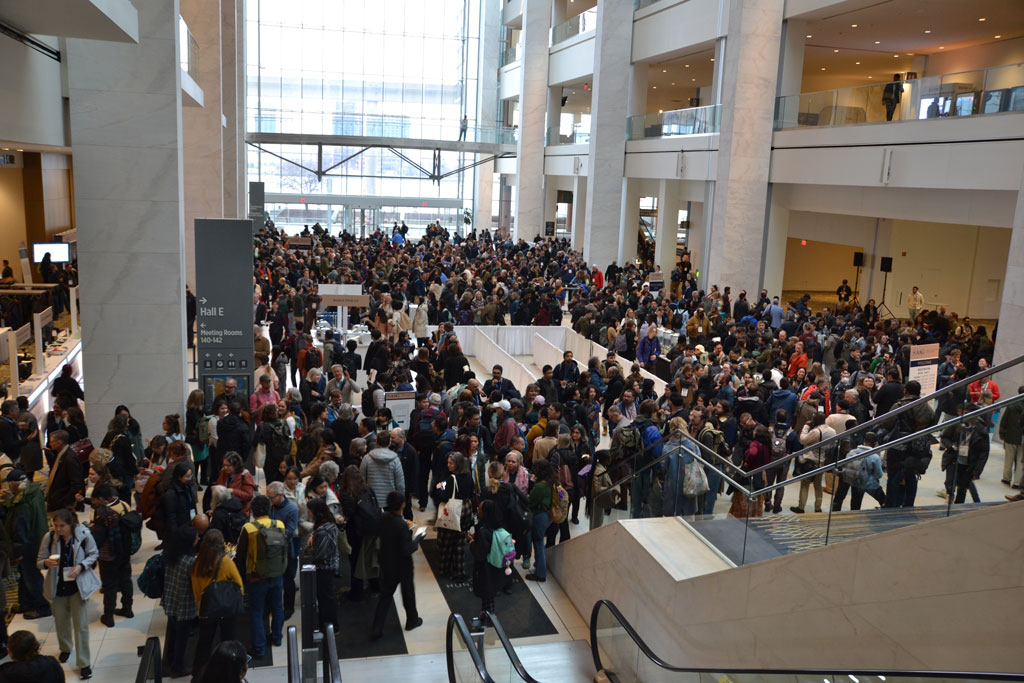
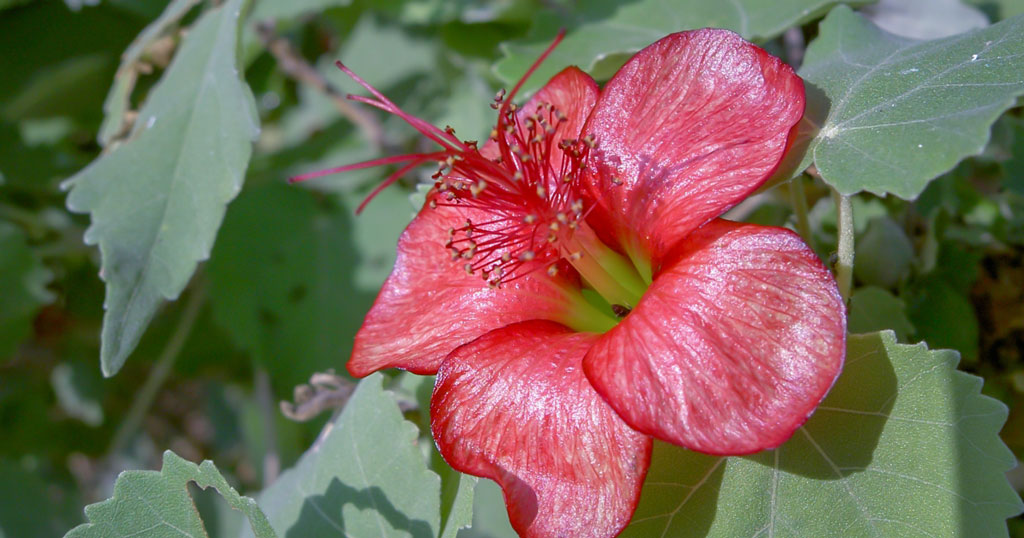


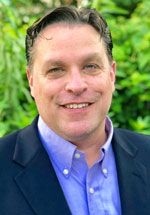 The AAG has a long history of engaging in and supporting climate change policy and research. Since climate change is the existential threat and crisis of our age, the need to continue this engagement and reduce our contribution to carbon emissions is clear. We will continue to seek policy action on behalf of our members–actions designed to influence the societal and governmental change required for durable solutions. For example, the AAG recently
The AAG has a long history of engaging in and supporting climate change policy and research. Since climate change is the existential threat and crisis of our age, the need to continue this engagement and reduce our contribution to carbon emissions is clear. We will continue to seek policy action on behalf of our members–actions designed to influence the societal and governmental change required for durable solutions. For example, the AAG recently 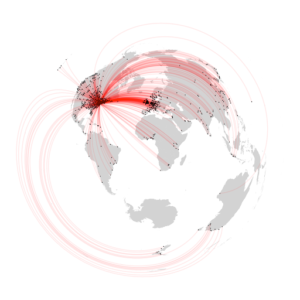
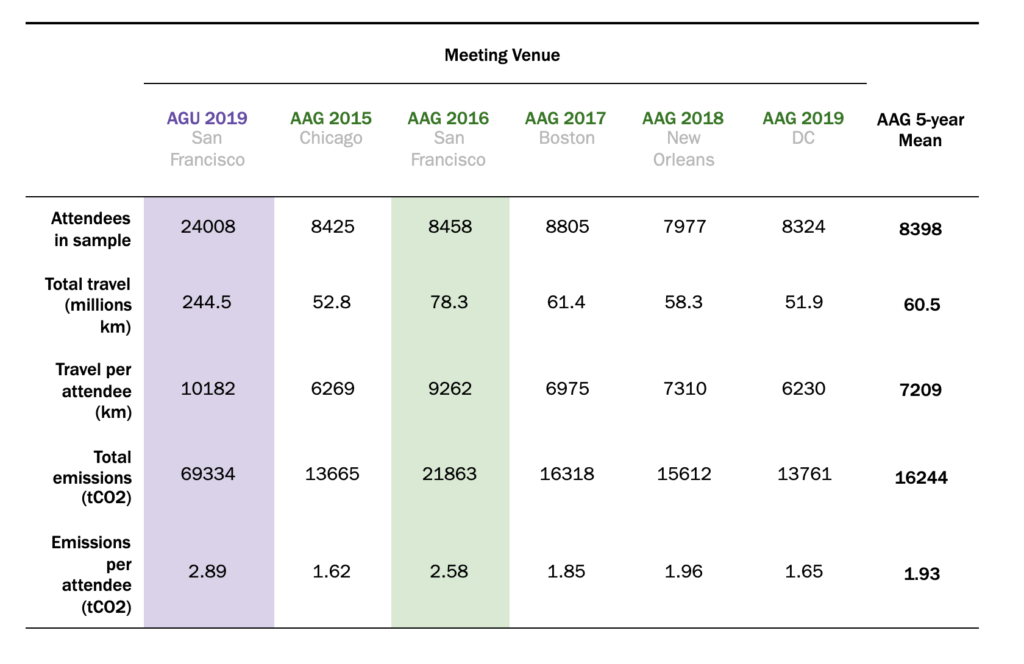
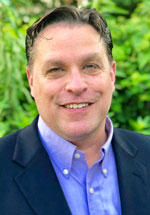 In May, we introduced a new column to the AAG Newsletter called Perspectives, replacing AAG’s former Op-Ed feature. Perspectives will share the opinions and ideas of members on issues of relevance to geography. We encourage submissions that stimulate dialogue, get members thinking, and challenge our discipline to take new approaches to the social, political, and environmental issues confronting geographers and the public.
In May, we introduced a new column to the AAG Newsletter called Perspectives, replacing AAG’s former Op-Ed feature. Perspectives will share the opinions and ideas of members on issues of relevance to geography. We encourage submissions that stimulate dialogue, get members thinking, and challenge our discipline to take new approaches to the social, political, and environmental issues confronting geographers and the public. The late Will Graf would end his AAG President’s columns with this optimistic affirmation: It’s a good day for Geography. Given the last year, you might be surprised to hear that it is just as true today as it was during his tenure in 1998-99. Let me explain.
The late Will Graf would end his AAG President’s columns with this optimistic affirmation: It’s a good day for Geography. Given the last year, you might be surprised to hear that it is just as true today as it was during his tenure in 1998-99. Let me explain.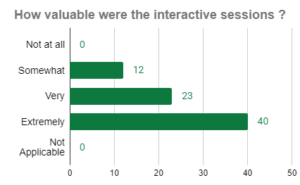
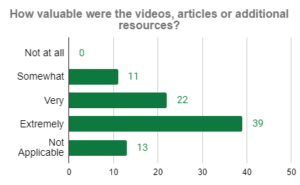
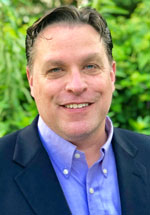 Late last month, a bellwether event took place in Kansas, threatening higher education’s ability to support post-COVID recovery. Citing the extreme budget constraints caused by the pandemic, the nine-member Kansas Board of Regents unanimously approved a new policy giving public institutions the power to remove faculty, including those with tenure, through 2022. The new policy sidesteps one already in place that addresses financial emergencies while preserving transparency and faculty participation in termination decisions.
Late last month, a bellwether event took place in Kansas, threatening higher education’s ability to support post-COVID recovery. Citing the extreme budget constraints caused by the pandemic, the nine-member Kansas Board of Regents unanimously approved a new policy giving public institutions the power to remove faculty, including those with tenure, through 2022. The new policy sidesteps one already in place that addresses financial emergencies while preserving transparency and faculty participation in termination decisions. Unfortunately, the circumstances surrounding this issue are neither unique to Kansas nor are they only about COVID-19. For most states, public funding for higher education
Unfortunately, the circumstances surrounding this issue are neither unique to Kansas nor are they only about COVID-19. For most states, public funding for higher education 